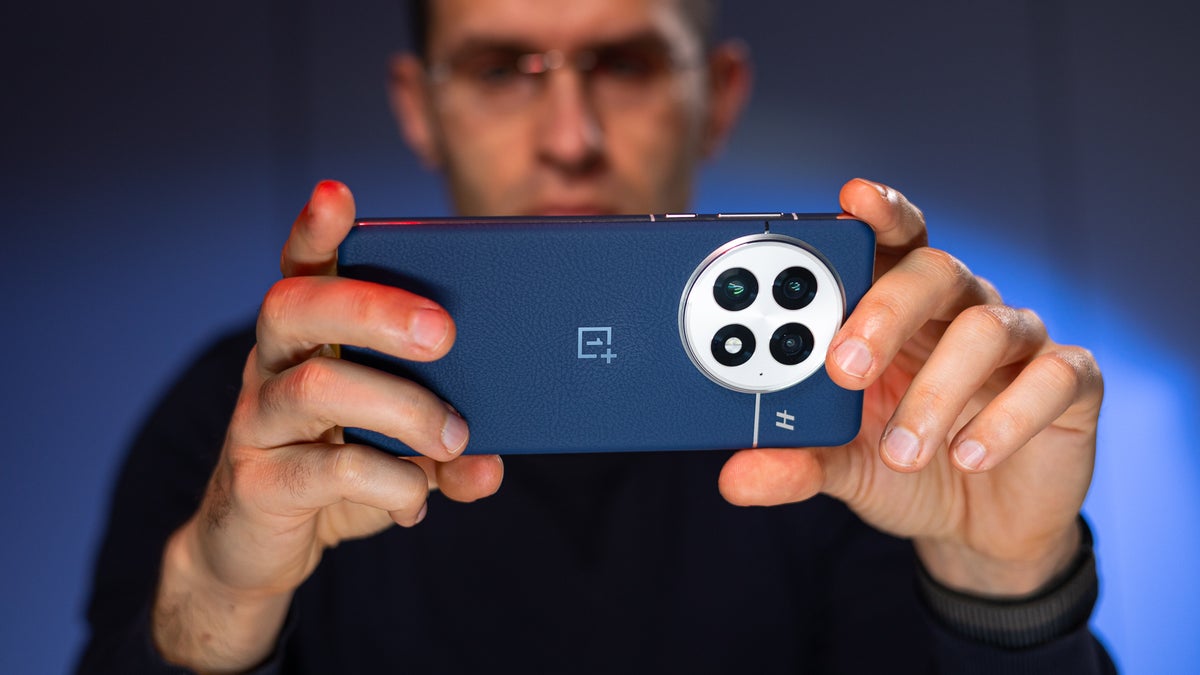Flagship Fiasco: Are Apple, Samsung, and Google Stalling on Battery Innovation?
Flagship Fiasco: Are Apple, Samsung, and Google Stalling on Battery Innovation?

As of late 2025, a glaring disparity in smartphone battery technology is drawing sharp criticism towards industry giants Apple, Samsung, and Google. While competitors are pushing the boundaries with higher capacity batteries in slimmer, more affordable devices, the leading manufacturers appear to be stuck in a time warp, offering minimal upgrades to their premium flagships.
For years, Samsung’s Ultra series, including the anticipated Galaxy S26 Ultra, has consistently featured a 5,000 mAh battery with 45W wired charging – a specification largely unchanged since 2020. Similarly, Apple’s iPhone 16 Pro Max, the current top-tier model, has seen only marginal increases from the iPhone 13 Pro Max’s 4,352 mAh, now reaching 4,685 mAh, with notoriously slow charging speeds. Google’s Pixel line also shows a slow crawl, with the Pixel 10 Pro XL reaching 5,200 mAh and 45W charging from its 2021 predecessor.
This stagnation becomes particularly frustrating when juxtaposed with innovations from Chinese manufacturers. In 2025, phones with 7,000 mAh batteries are becoming commonplace, even in mid-range segments. Xiaomi, for instance, offers a $200 device with a 7,000 mAh battery that is actually slimmer than current Apple and Samsung flagships. Honor launched the Honor Power with an 8,000 mAh battery earlier this year, and OnePlus’s recently released Ace 6 Max boasts a 7,000 mAh cell, all in impressively thin profiles.
Critics argue that while silicon-carbon technology and cell capacity limitations are often cited, companies with the vast resources of Apple, Google, and Samsung should be leading, not lagging, in innovation. The perceived corner-cutting on one of a smartphone’s most crucial features leaves many consumers disappointed, questioning why they’re paying premium prices for what feels like outdated technology when superior options exist elsewhere.
Disclaimer: This content is aggregated from public sources online. Please verify information independently. If you believe your rights have been infringed, contact us for removal.